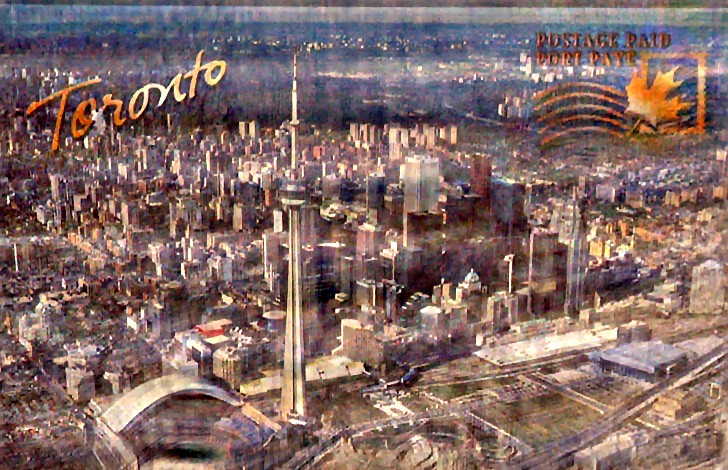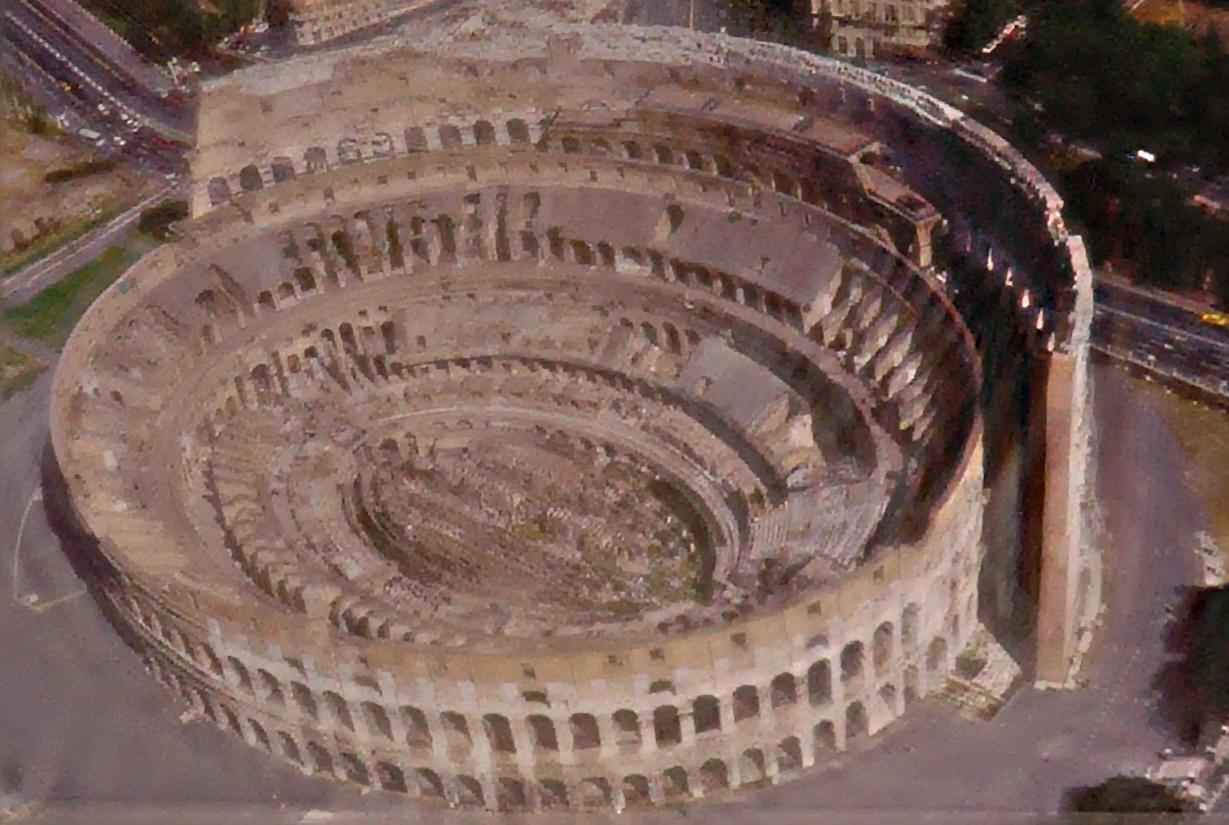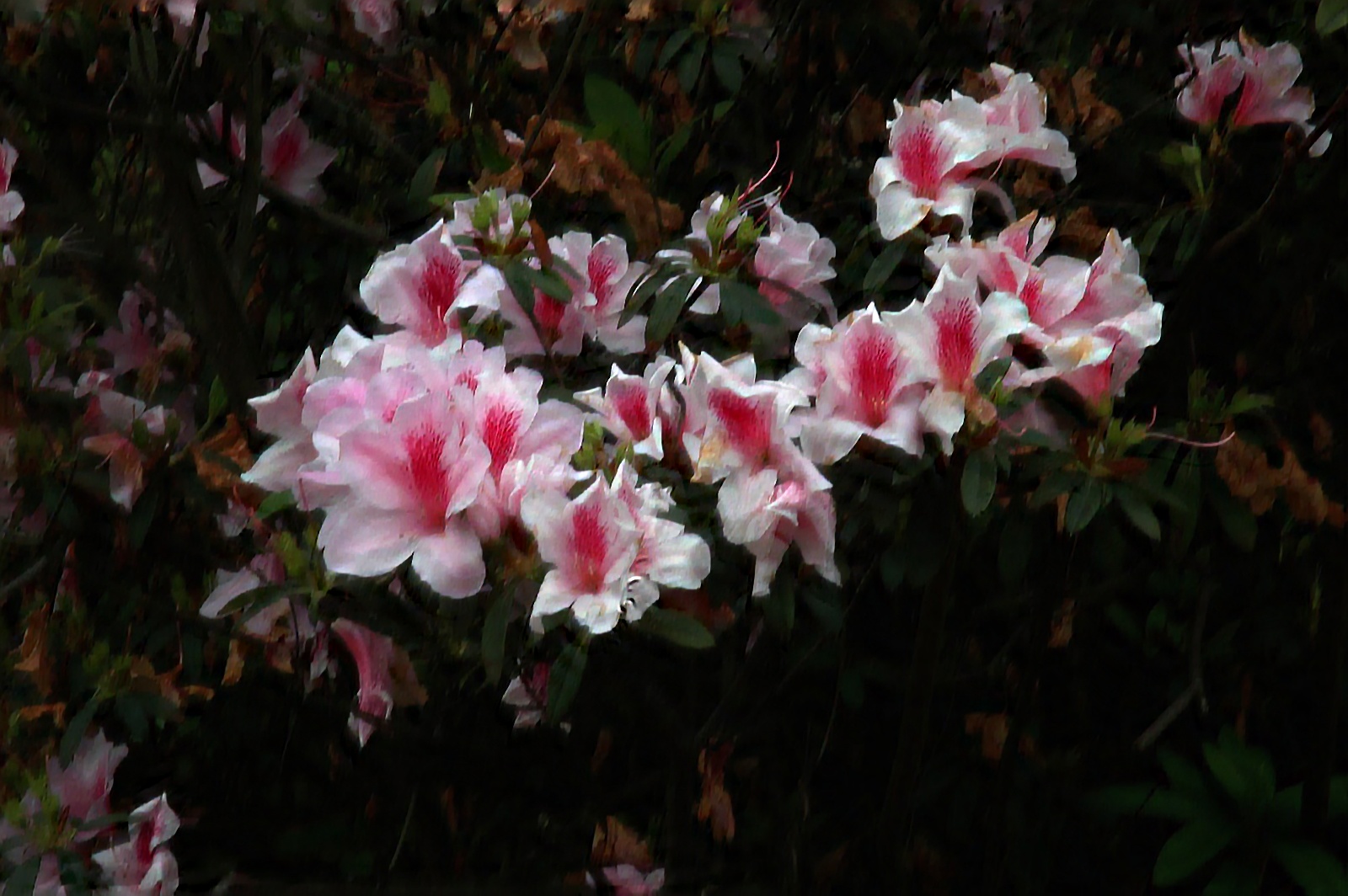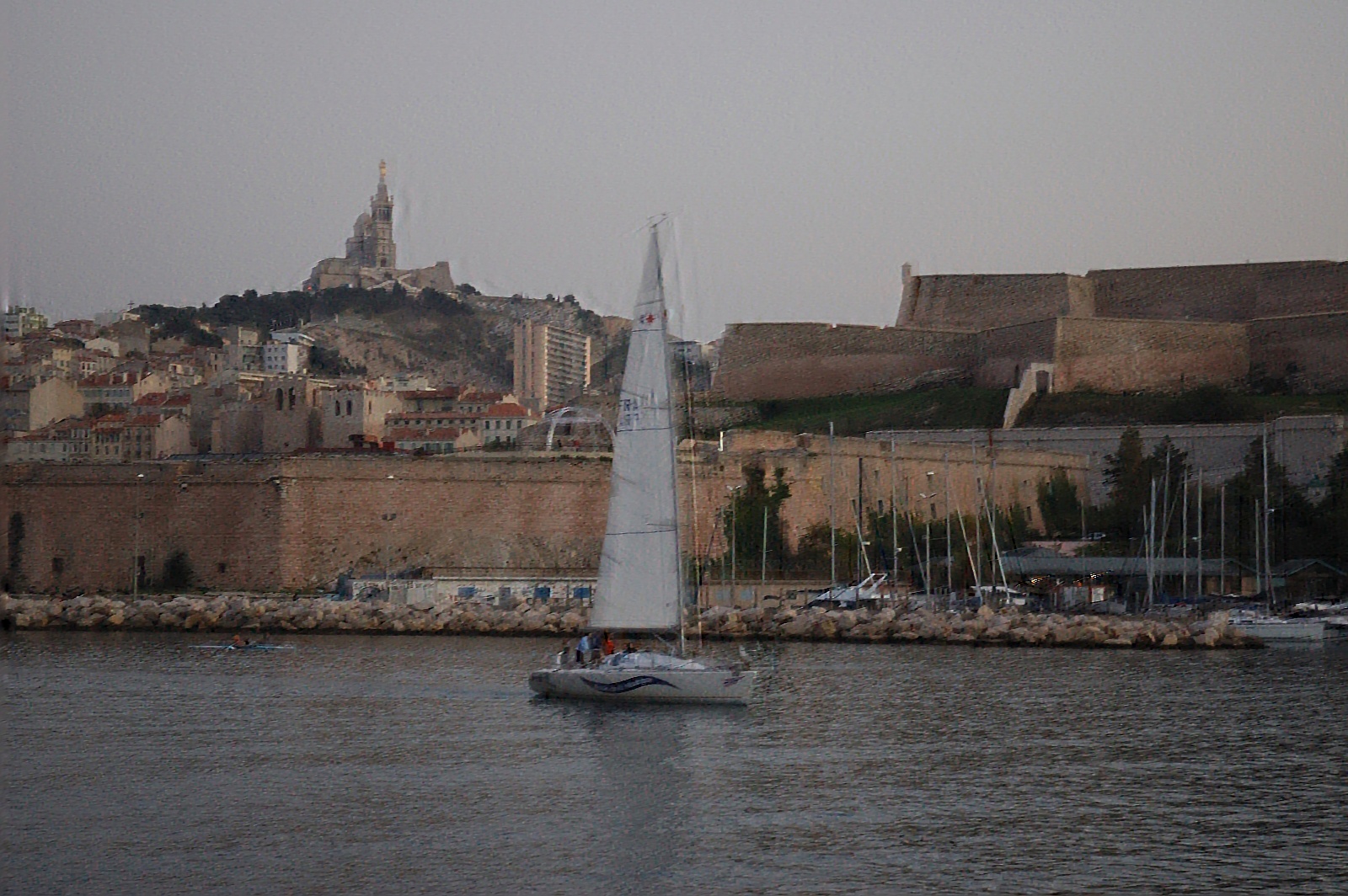








AN EXTENSION METHOD OF OUR TEXT DEBLURRING ALGORITHM
Jinshan Pan Zhe Hu Zhixun Su Ming-Hsuan Yang
Abstract
We propose a simple yet effective L0-regularized prior based on intensity and gradient for text image deblurring. The proposed image prior is motivated by observing distinct properties of text images. Based on this prior, we develop an efficient optimization algorithm to generate reliable intermediate results for kernel estimation. The proposed algorithm does not require any heuristic edge selection strategies which are critical to state-of-the-art edge-based deblurring methods. We discuss the relationship with other edge-based deblurring methods and discuss how to select salient edges more principally. For the final latent image restoration step, we present a effective method to remove artifacts and render better deblurred images. We show the proposed algorithm can be extended to deblur natural images with complex scenes and low illumination. In addition, we discuss the application of the proposed algorithm for non-uniform image deblurring. Experimental results demonstrate that the proposed algorithm performs favorably against the state-of-the-art image deblurring methods.
Uniform Blind Image Deblurring

|

|

|
| Blurred image | Cho et al. ECCV 2012 | IL0RIG |

|

|

|
| Blurred image | Cho and Lee Siggraph Asia 2009 | IL0RIG |

|

|

|
| Blurred image | Xu and Jia ECCV 2010 | IL0RIG |
Non-Uniform Blind Image Deblurring

|

|

|
| Blurred image | Xu et al. CVPR 2013 | IL0RIG |
Quantitative Evaluation on Text Image Dataset
We have created a dataset containing 15 images and 8 blur kernels extracted from Levin et al. CVPR 2009. Similar to this work, we can generate 120 different blurred images. The 15 ground truth images and 8 blur kernels are shown in below.

|

|

|

|

|
| im01 | im02 | im03 | im04 | im05 |

|

|

|

|

|
| im05 | im06 | im07 | im08 | im09 |

|

|

|

|

|
| im11 | im12 | im13 | im14 | im15 |

|

|

|

|

|

|

|

|
| kernel 1 | kernel 2 | kernel 3 | kernel 4 | kernel 5 | kernel 6 | kernel 7 | kernel 8 |

|
| Figure 3. Quantitative comparison on the proposed text image dataset. The x-axis denotes the image index and the average PSNR values of all the images are shown on the rightmost column. |
Quantitative Evaluation on Low-Illumination Image Dataset
We have created a dataset containing 6 low-illumination images and 8 blur kernels extracted from Levin et al. CVPR 2009 (See Figure 2). Similar to the work [Hu et al. CVPR 2014], we stretch the pixel intensities of each image into [0, 2.2] and then apply 8 different blur kernels. Finally we clip the pixel intensities into dynamic range [0, 1]. The 6 ground truth images are shown in Figure 4.

|

|

|

|

|

|
| im01 | im02 | im03 | im04 | im05 | im06 |

|
| Figure 5. Quantitative comparison on the low-illumination dataset. The x-axis denotes the image index and the average PSNR values of all the images are shown on the rightmost column. |
Quantitative Evaluation on Natural Image Deblurring Datasets of Levin et al. CVPR 2009 and Köhler et al. ECCV 2012
To verify the validity of the proposed method on the natural images, we test our method on the dataset of Levin et al. CVPR 2009, which contains 4 ground truth images and 8 blur kernels. Figure 6(a) shows the cumulative histogram of the deconvolution error ratio across test examples. The proposed method achieves 100% of the results under error ratio 2.2.

|

|
| (a) Results on Levin et al. CVPR 2009's dataset | (b) Results on Köhler et al. ECCV 2012's dataset |
Visual Comparisons
The followings are some visual comparison results with state-of-the-arts. For the estimated blur kernels, please click the above link to view the PDF file.
Visualization Results from the Proposed Text Image Dataset
Visualization Results from the Proposed Low-Illumination Image Dataset
Visualization Results from the Dataset of Levin et al. CVPR 2009

|

|

|

|
| Blurred image | Shan et al. Siggraph 2008 | Cho and Lee Siggraph Asia 2009 | Xu and Jia ECCV 2010 |

|

|

|

|
| Levin et al. CVPR 2011 | Xu et al. CVPR 2013 | L0RIG | IL0RIG |
Visualization Results from the Dataset of Köhler et al. ECCV 2012
Other Synthetic Images

|

|

|

|
| Blurred image | Cho and Lee Siggraph Asia 2009 | Xu et al. CVPR 2013 | IL0RIG |

|

|

|

|
| Blurred image | Cho and Lee Siggraph Asia 2009 | Levin et al. CVPR 2011 | IL0RIG |
Real Captured Images

|

|

|

|
| Blurred image | Cho and Lee Siggraph Asia 2009 | Cho et al. ECCV 2012 | IL0RIG |

|

|

|

|
| Blurred image | Xu and Jia ECCV 2010 | Cho et al. ECCV 2012 | IL0RIG |

|

|

|

|
| Blurred image | Chen et al. CVPR 2011 | Cho et al. ECCV 2012 | IL0RIG |

|

|

|

|
| Blurred image | Xu et al. CVPR 2013 | Hu et al. CVPR 2014 | IL0RIG |

|

|

|

|
| Blurred image | Xu et al. CVPR 2013 | Hu et al. CVPR 2014 | IL0RIG |

|

|

|

|
| Blurred image | Cho and Lee Siggraph Asia 2009 | Xu and Jia ECCV 2010 | IL0RIG |

|

|

|

|
| Blurred image | Result from DeblurFamousPhoto | Xu and Jia ECCV 2010 | IL0RIG |

|

|

|

|
| Blurred image | Cho and Lee Siggraph Asia 2009 | Xu et al. CVPR 2013 | IL0RIG |

|

|

|

|
| Blurred image | Cho and Lee Siggraph Asia 2009 | Xu and Jia ECCV 2010 | IL0RIG |

|

|

|

|
| Blurred image | Xu and Jia ECCV 2010 | Krishnan et al. CVPR 2011 | IL0RIG |

|

|

|

|
| Blurred image | Cho and Lee Siggraph Asia 2009 | Xu and Jia ECCV 2010 | IL0RIG |

|

|

|

|
| Blurred image | Cho and Lee Siggraph Asia 2009 | Xu and Jia ECCV 2010 | IL0RIG |

|

|

|

|
| Blurred image | Cho and Lee Siggraph Asia 2009 | Zhong et al. CVPR 2013 | IL0RIG |

|

|

|

|
| Blurred image | Cho and Lee Siggraph Asia 2009 | Zhong et al. CVPR 2013 | IL0RIG |

|

|

|

|
| Blurred image | Xu et al. CVPR 2013 | Pan et al. ECCV 2014 | IL0RIG |

|

|

|

|
| Blurred image | Gupta et al. ECCV 2010 | Xu et al. CVPR 2013 | IL0RIG |

|

|

|

|
| Blurred image | Gupta et al. ECCV 2010 | Xu et al. CVPR 2013 | IL0RIG |

|

|

|

|
| Blurred image | Whyte et al. CVPR 2010 | Xu et al. CVPR 2013 | IL0RIG |

|

|

|

|
| Blurred image | Hirsch et al. ICCV 2011 | Xu et al. CVPR 2013 | IL0RIG |

|

|

|

|
| Blurred image | Hirsch et al. ICCV 2011 | Xu et al. CVPR 2013 | IL0RIG |

|

|

|

|
| Blurred image | Whyte et al. IJCV 2012 | Xu et al. CVPR 2013 | IL0RIG |
Technical Papers, Codes, and Datasets
References
[1] R. Fergus, B. Singh, A. Hertzmann, S.T. Roweis, and W.T. Freeman. “Removing camera shake from a single photograph”, SIGGRAPH 2006.
[2] Q. Shan, J. Jia, and A. Agarwala. “High-quality motion deblurring from a single image”, SIGGRAPH 2008.
[3] H. Cho, J. Wang, and S. Lee. “Text image deblurring using text-specific properties,” ECCV 2012.
[4] S. Cho and S. Lee. “Fast motion deblurring”, SIGGRAPH ASIA 2009.
[5] L. Xu and J. Jia. “Two-phase kernel estimation for robust motion deblurring”, ECCV 2010.
[6] L. Xu, S. Zheng, and J. Jia. “Unnatural L0 sparse representation for natural image deblurring”, CVPR 2013.
[7] A. Levin, Y. Weiss, F. Durand, and W. T. Freeman, “Understanding and evaluating blind deconvolution algorithms,” CVPR 2009.
[8] D. Krishnan, T. Tay and R. Fergus. “Blind deconvolution using a normalized sparsity measure”, CVPR 2011.
[9] R. Kohler, M. Hirsch, B. Mohler and B. Scholkopf. “Recording and playback of camera shake: benchmarking blind deconvolution with a real-world database”, ECCV 2012.
[10] O. Whyte, J. Sivic, A. Zisserman, and J. Ponce. “Non-uniform deblurring for shaken images”, CVPR 2010.
[11] A. Gupta, N. Joshi, L. Zitnick, M. Cohen, and B. Curless. “Single image deblurring using motion density functions”, ECCV 2010.
[12] A. Levin, Y. Weiss, F. Durand, and W. T. Freeman. "Efficient marginal likelihood optimization in blind deconvolution", CVPR 2011.
[13] D. Krishnan, T. Tay, and R. Fergus. “Blind deconvolution using a normalized sparsity measure”, CVPR 2011.
[14] M. Hirsch, C. Schuler, S. Harmeling, and B. Scholkopf. “Fast removal of non-uniform camera shake”, ICCV 2011.
[15] Z. Hu, S. Cho, J. Wang, and M.-H. Yang. “Deblurring low-light images with light streaks”, CVPR 2014.
[16] O. Whyte, J. Sivic, A. Zisserman, and J. Ponce. “Non-uniform deblurring for shaken images”, IJCV 2012.
[17] X. Chen, X. He, J. Yang, and Q. Wu. “An effective document image deblurring algorithm”, CVPR 2011.
[18] J. Pan, Z. Hu, Z. Su, and M.-H. Yang. “Deblurring face images with exemplars”, ECCV 2014.